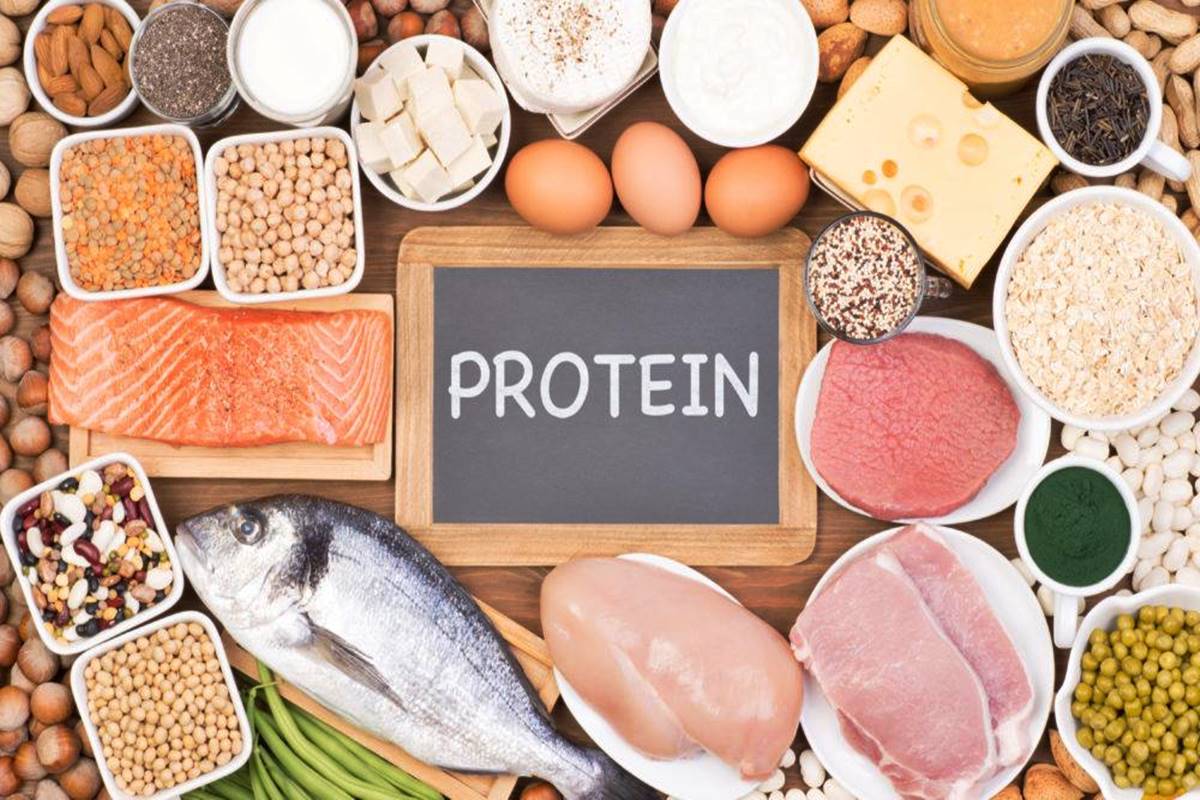Face oil: Is it the right fit for you?
Unlock the potential of face oil for radiant, hydrated skin. Learn how omega-3 fatty acids and essential nutrients nourish and protect your skin barrier.
Debunking common myths surrounding protein intake and its impact on health, from the necessity of meat for muscle gain to the role of protein powder in fitness routines.

Image Source: Instagram
“You can only get protein if you have meat” or “protein intake means more muscles”; we’ve all probably encountered these “facts” at some point and often based dietary choices on them. However, in reality, proteins are macronutrients necessary for day-to-day bodily activities, and a deficiency in them could lead to decreased metabolism, muscle loss, anemia, and much more. Despite the prevalence of several myths surrounding this nutrient, discerning fact from fiction is crucial to ensure your body receives all the necessary nutrients in the right amounts. Here, we debunk some of the most common protein myths.
While some might argue that the Atkins diet or paleo diet, rich in protein but extremely low in carbs, can aid in weight loss, this notion is not entirely valid. Excessive protein intake over time can lead to dehydration, nausea, severe cardiovascular issues, kidney problems (as the kidneys struggle to excrete uric acid from the body), and blood vessel disorders. Additionally, meat, a good source of protein, often comes with saturated fat, which can contribute to plaque formation along arterial walls.
Studies have thoroughly debunked the myth that animal protein is necessary for muscle gain. Research has shown that plant protein can contribute to muscle gain just as effectively as a combination of animal and plant-based protein. However, it’s important to note that the amount of protein obtained from equal weights of animal and plant sources may vary. For instance, while 100g of chicken contains 27g of protein, 100g of almonds contains 21g of protein.
Advertisement
While animal protein is often touted for its high-quality protein content, it is also associated with severe coronary diseases and plaque formation, especially in red meat. Although there is a myth that animal protein can cause cancer, this is only partially true. Studies have indicated that processed meats like bacon, sausages, and ham can increase cancer risks due to the presence of the Neu5Gc sugar molecule, which humans cannot synthesize.
A common dilemma faced by many fitness enthusiasts is whether to opt for protein powder or not. If you find yourself downing protein shakes after a vigorous cardio session, you might want to reconsider. Your protein requirements depend on your individual body parameters, and protein powder often serves as a supplement that cannot fully replace animal or plant protein intake. Furthermore, protein powder should only be considered when your daily protein intake falls below the recommended amount.
In summary, these are some of the most common protein myths that need to be debunked to raise awareness about nutrition and what the body truly needs.
Also Read: Sunflower seeds shine bright with health benefits
Advertisement